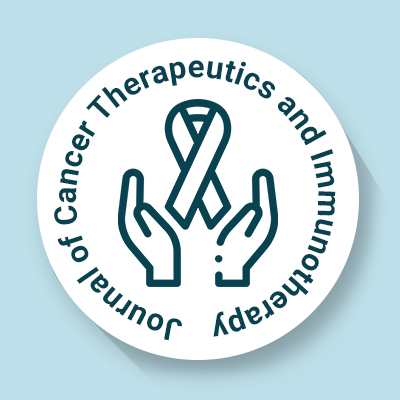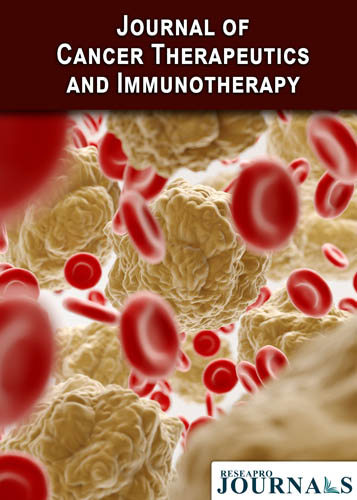
Journal of Cancer Therapeutics and Immunotherapy
OPEN ACCESS

OPEN ACCESS

Department of Biotechnology, MITS School of Biotechnology, Bhubaneswar, Odisha, India
Molecular testing of breast cancer has emerged as a pivotal tool in the diagnosis, prognosis, and personalized treatment of this prevalent malignancy. By delving into the genetic and molecular characteristics of breast cancer cells, these tests provide invaluable insights that guide clinicians in tailoring therapies to individual patients. The aim of the study is to understand the significance and methodologies of molecular testing in the context of breast cancer, shedding light on its transformative impact on the landscape of oncology. Breast cancer is a heterogeneous disease with diverse subtypes that exhibit distinct molecular profiles. Molecular testing enables the identification of specific genetic alterations, such as mutations in the BRCA1 and BRCA2 genes, which are associated with an increased risk of developing breast cancer. This information not only aids in assessing an individual's susceptibility to the disease but also influences decisions regarding preventive measures, such as prophylactic surgeries or intensified screening protocols. In addition to risk assessment, molecular testing plays a crucial role in determining the prognosis of breast cancer patients. Genomic profiling allows for the classification of tumors based on their molecular subtypes, such as luminal A, luminal B, HER2-enriched, and triple-negative. Each subtype exhibits distinct biological behaviors and responses to treatment, empoweringoncologists to devise more accurate prognoses and select tailored therapeutic strategies. Moreover, the era of precision medicine has been ushered in by molecular testing, particularly in the realm of targeted therapies. The identification of specific molecular markers, such as HER2 overexpression, has paved the way for targeted drugs like trastuzumab, significantly improving outcomes for patients with HER2-positive breast cancer. Similarly, endocrine therapies like tamoxifen are employed based on the hormonal receptor status identified through molecular testing, exemplifying the personalized approach to breast cancer treatment. Technological advancements have propelled molecular testing methodologies, with techniques like next-generation sequencing (NGS) and gene expression profiling revolutionizing our understanding of the genomic landscape of breast cancer. These high-throughput methods enable the simultaneous analysis of multiple genes, providing a comprehensive overview of the genetic alterations driving tumorigenesis. Additionally, liquid biopsy approaches offer non-invasive means of monitoring genetic changes in real-time, presenting new avenues for dynamic assessment and early detection. Thus, molecular testing has become an indispensable component of the breast cancer diagnostic and therapeutic paradigm. From risk assessment and prognostication to guiding personalized treatment strategies, the insights gleaned from molecular testing contribute significantly to advancing patient care. As our understanding of the intricate molecular underpinnings of breast cancer continues to deepen, the role of molecular testing will undoubtedly expand, shaping the future of oncology towards more precise and effective interventions.
Received 24 June 2024; Revised 16 July 2024; Accepted 22 July 2024
Department of Biotechnology, MITS School of Biotechnology, Bhubaneswar, Odisha, India